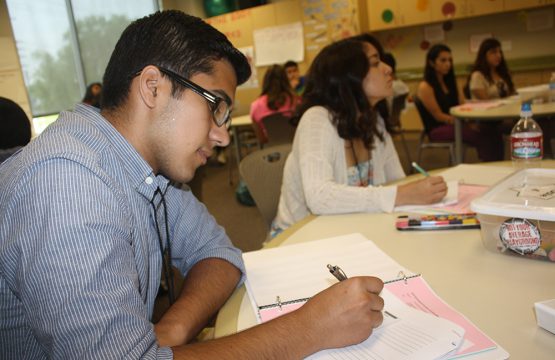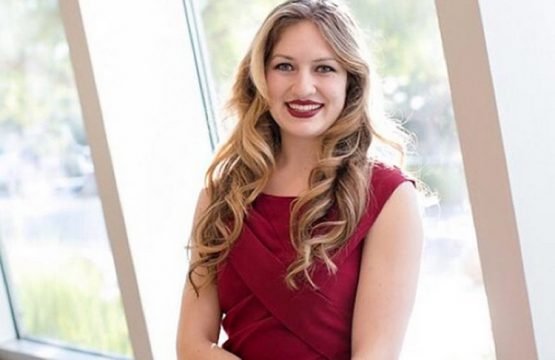Welcome the new class of cycle breakers!
On Saturday, June 7, Wheelock College in Boston hosted the East Coast class of incoming freshmen for the Tiger Woods Foundation’s scholarship orientation.
The Earl Woods Scholarship Program works with the elected scholars in numerous fashions, but in none better than the scholar-mentor program, where the foundation appoints qualified and dedicated mentors for each scholar in an effort to give the students complete access to an invaluable and professional resource.
Dr. Adrian K. Haugabrook, vice president for student success and engagement at Wheelock College and colleague of the Tiger Woods Foundation, hosted a meeting space for the day’s program. Dr. Haugabrook focuses on modern issues involving student access to higher education that includes affordability, diversity and the steps following the completion of college among other aspects of collegiate affairs.
Led by Julia Gabor, director of strategic resources and programs at the foundation, and Cristina Fernandez, senior director of the Earl Woods Scholarship Program, the program welcomed six new scholars — four from Boston and two from New York — for a day of celebration and introduction to their mentors.
Crafted by Gabor and Fernandez, the orientation delved into two aspects of the program — necessary logistics covering the next four years and then a hands-on session intended to create a foundation for the relationships between the scholars and their mentors. The purpose of the first part of the session was to strengthen the newly appointed scholars’ understanding of the types of resources the foundation will provide for them in the coming years; it was, in a sense, an overview of four years into the future. Fernandez delivered all of the components the Tiger Woods Foundation provides: personal, educational and financial backing; professional and career support; resume and cover letter reviews; and curricular-based, structured workshops that target leadership, interview skills and professionalism.
The second half of the program turned its attention to the scholars and their mentors as Gabor led the group through introduction and icebreaker exercises while covering an hour-long information session on mentor requirements that give rise to the expectation that mentors will be true “support mechanisms” throughout their time with the foundation and, of course, for years after.
The mentors, who are referred by those who served the foundation before them, primarily come from California, Massachusetts, New York, Washington, D.C., Maryland and Virginia. With a heavy emphasis on being involved and passionate about supporting the personal development of a first-generation student who is attending college and will be away from home for the first time, the mentors are expected to maintain monthly dialogues with their scholars and continually assist with the career development program that coincides with the Earl Woods Scholarship curriculum.
Gabor stressed to the group the importance and true meaning of communication throughout her orientation.
“In order to have a successful mentor-scholar relationship, consistent and accountable communication is key,” Gabor said.
“Communication is not texting an update to one another, communication is scheduling a coffee meeting, a SKYPE session or picking up the phone. We have to move in the direction of face-to-face communication in order to really connect and make the conversation dynamic.”
The program ended as the scholars and mentors intermingled and spent more time getting to know one another and as Boston-area Earl Woods Scholars from previous classes graciously paid a visit to spend time with the new students.


